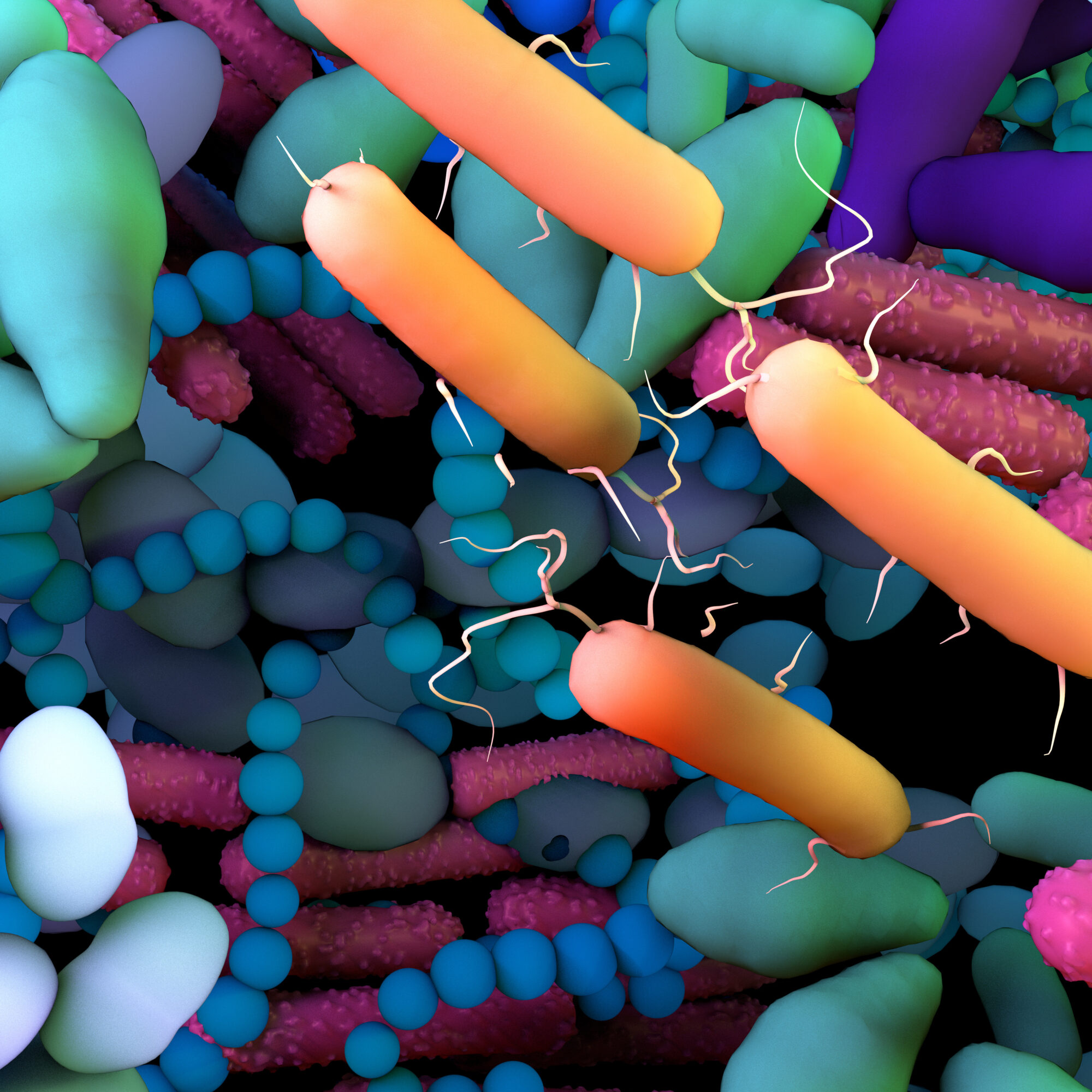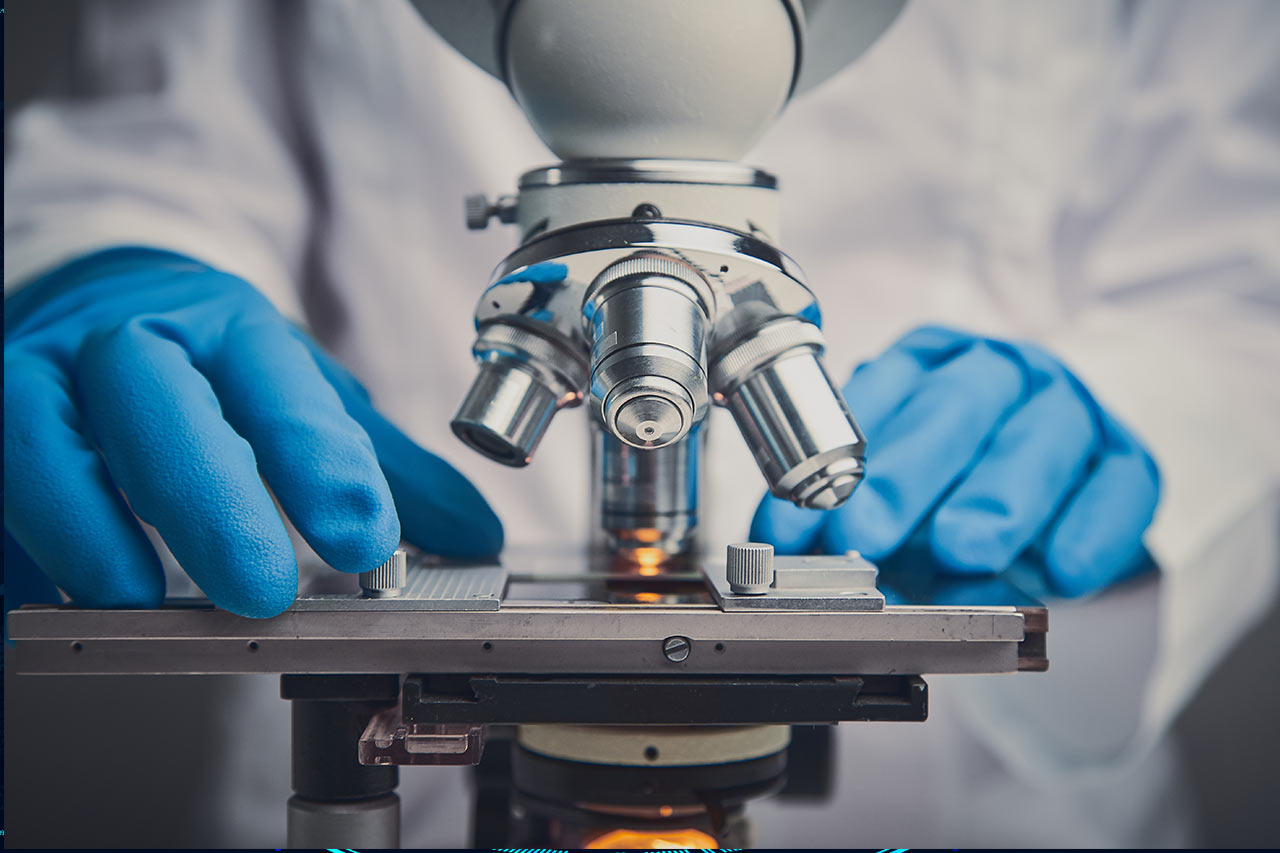Significance of microbiome research
Microbiome refers to the entire collection of genes from all microorganisms including parasites, bacteria, archaea, fungi, and viruses, which live in or on many parts of our bodies, skin, eyes and gut. These microbes are generally not harmful, 80% of them are in fact beneficial.
The human microbiome can provide metabolic and synthetic functions essential to the human health, including regulating the immune system and aiding in digestion. To obtain a comprehensive characterization of the human microbiome and analyse its role in human health and disease, the Human Microbiome Project (HMP) was supported by the National Institutes of Health Common Fund from 2007 through 2016.
The initial phase of the project, HMP1, established in 2008, characterized the microbial communities from 300 healthy individuals, at five major body sites: nasal passages, oral cavity, skin, gastrointestinal tract, and urogenital tract.
The second phase, iHMP, will create integrated longitudinal datasets from both the microbiome and host from three different cohort studies of microbiome-associated conditions using multiple ‘omics technologies.
One of the studies is related to the inflammatory Bowel Disease (IBD) and aims to understand how the human gut microbiome changes over time in adults and children with IBD.
Discover all the potential of Microbiome in healthcare >
Gut microbiome, the second human genome
Why is gut microbiome the interest of a large amount of research? To understand this point, we need to review some facts together about the gut microbiome.
- Human genome consists of estimated 30,000 genes; however, human microbiome encodes over 3 million genes, most of which located in the gut.
- 70% of human immune system is located in the gut and gut microbiome is a barrier helping immune system fight pathogens.
- The human digestive system, commonly referred to as the ‘second brain’, has a huge effect on the functioning of a person’s body and mind, which gut microbiome also affects.
- Gut microbiome is associated with various human diseases affecting the brain (depression, autism spectrum disorder), lung (allergic asthma), skin (atopic dermatitis), gastrointestinal (ulcerative colitis, IBD) as well as type 2 diabetes.
Microbiome therapies (MBT) are currently in development to prevent recurrent Clostridium. difficile infections (CDI), which are primarily contracted in hospitals, leading to diarrhea, dehydration, fever, and weight loss. MBT is expected to improve patients’ quality of life and reduce burden in the healthcare system.
Gut microbiome development in therapeutics
Although there are still scientific questions awaiting more investigations, investors in the field have already seen the potential of microbiome therapeutics. Over 260 companies and 900 active research programs are involved in the development of microbiome therapeutics.
Numerous start-up companies (e.g., SERES Therapeutics, NOVOME Biotechnologies, Maat Pharma) focused on microbiome research and therapeutics have emerged in recent years.
For instance, Maat Pharma, a French biotech company based in Lyon, aims to become the industry leader for the treatment of gut microbiota alteration and has developed academic-industry translational collaboration with INRA (Institut National de la Recherche Agronomique – French National Institute for Agricultural Research) to design its microbiome platform.
Large pharmaceutical companies (e.g., Takeda, Johnson & Johnson, Merck) have been investing in partnerships with these startups. For example, Merck has partnered with 4D Pharma, a biotech based in UK, to use its microbiome platform to build a new class of vaccines that deliver live bacteria to the gut. Merck is also working with both 4D Pharma and Evelo Biosciences to assess whether gut microbiome might bolster the effects of its checkpoint inhibitor drug Keytruda (pembrolizumab).
Microbiome therapeutics are expected to have vast potential to not only help treat a wide range of gastrointestinal diseases and conditions but also become a game changer for neurological, immunological, oncological, and other indications. However, the development of microbiome therapeutics also faces many challenges regarding regulatory affairs, clinical trials, manufacturing, market preparation and launch. At Alcimed, we are ready to help you develop the uncharted territories (e.g. regulations, market sizing, business cases, technology assessment, etc.) about microbiome therapeutics ahead of you or to identify your relevant partners tomorrow!
About the authors
Chaoyue, Consultant and Christelle, Project Manager in Alcimed’s Healthcare team in France



